To mark the 150th Anniversary of Crime and Punishment
On the 195th Anniversary of Dostoevsky’s Birth
We celebrated
The Inaugural Dostoevsky Day UK (DDUK)
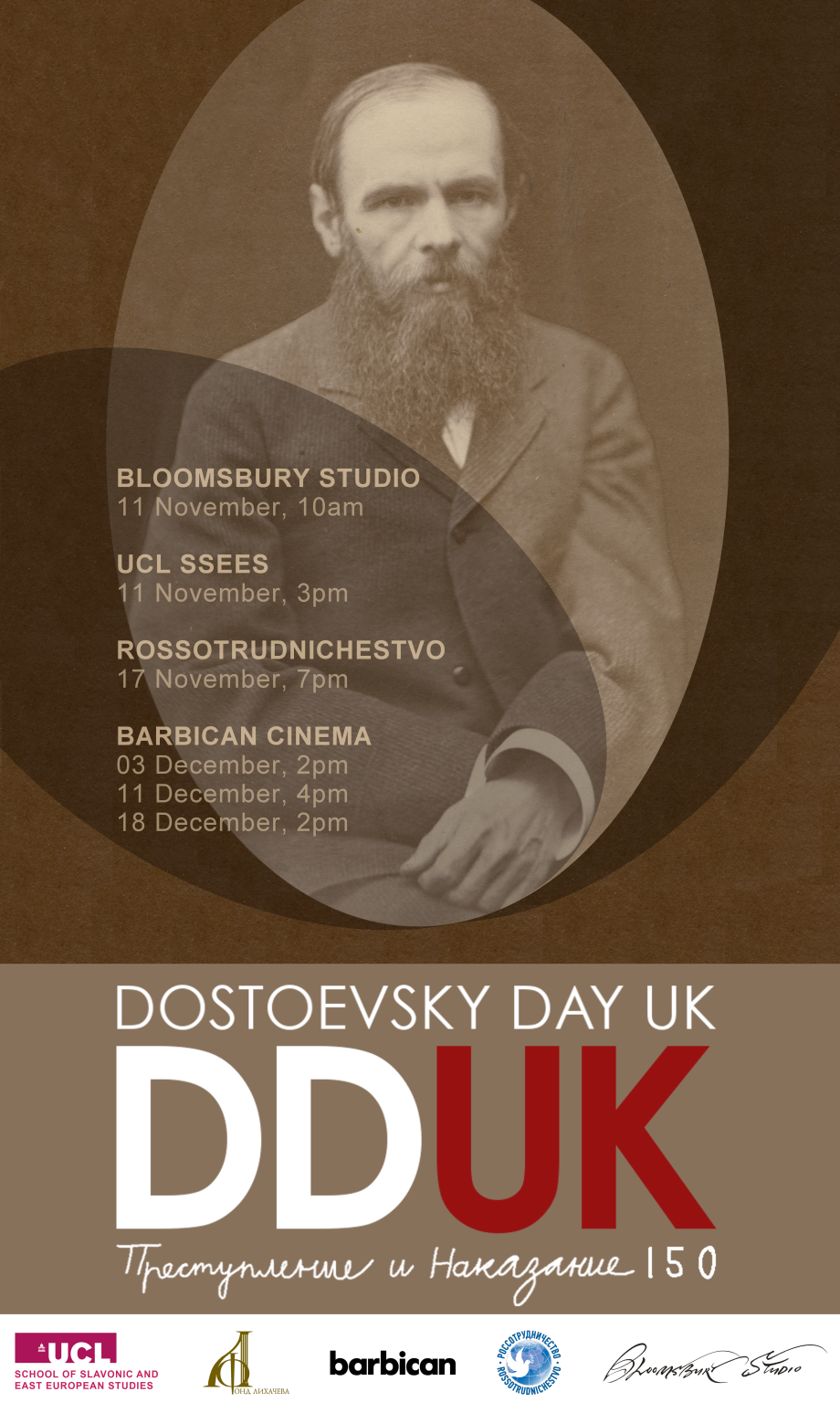
A UK Celebration of Fyodor Dostoevsky
& Russian language
Our programme of activities explored the life and legacy of the beloved and universal author in UK. Supported by University College London’s School of Slavonic and East European Studies (UCL SSEES), Barbican Cinema, The Likhachev Foundation-Cultural Fellowships in Russia, Rossotrudnichestvo in United Kingdom & the Bloomsbury Studio.The Inaugural Dostoevsky Day UK was dedicated to UCL-SSEES late colleagues and dear friends: Professor Emeritus Isabel de Madariaga and the Poet Cameron Bain.
The opening event took place on 11th November 2016 (on Dostoevsky’s birthday) at the UCL Bloomsbury Studio. The morning programme of the inaugural Dostoevsky Day UK (DDUK) started at 11.00 a. m., with the keynote speech by Anton Chesnokov, Director of Rossotrudnichestvo in the UK (the Russian Culture Centre), regarding the UK-Russia Year of Language and Literature 2016. This was followed by
the screening of the documentary Fyodor Dostoevsky, from the series
Great Russian Writers
by
Kultur International Films

This screening was followed by the premiere of a theatrical monologue. The opening session was a free-admission event at the Bloomsbury Theatre Studio
Raskolnikov
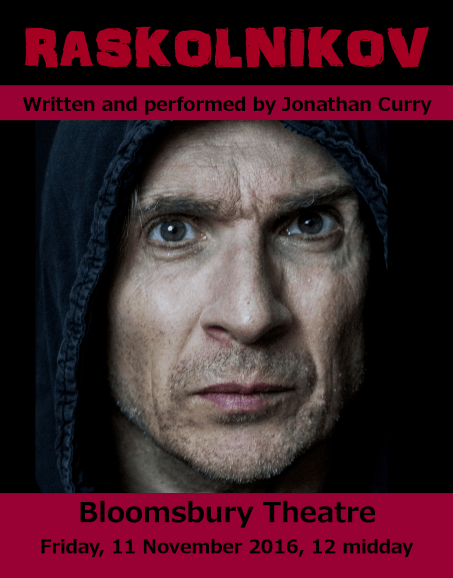
The afternoon event took place at UCL School of Slavonic & East European Studies (SSEES) from 3.00- 5.00 pm, in the Masaryk SCR. In order to celebrate Crime & Punishment in English translations The session started with the introductory talk by Joshua Clayton ( Jarndyce Antiquarian Booksellers) entitled:

Dostoevsky’s Literary Works
&
the Antiquarian Book Trade in London
On the history of the Jarndyce Antiquarian Booksellers, with particular reference to Slavonic & Russian literatures, and ultimately, the arrival of Dostoevsky’s books in London. Jarndyce – The 19th Century Booksellers is the leading specialist in 18th and, particularly, 19th century English Literature & History. http://www.jarndyce.co.uk/
This was followed by
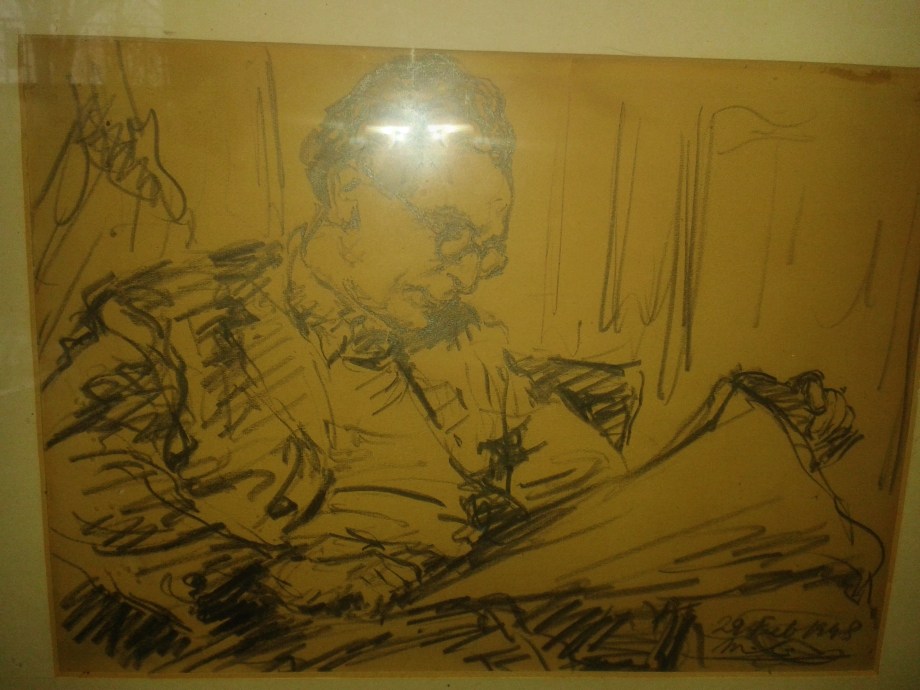
David Magarshack,
The Real Author of Crime and Punishment?
by Cathy McAteer
Cathy McAteer is in the final stages of writing up her doctorate on ‘Allen Lane, Penguin Russian Classics and David Magarshack: Translator-Publisher Relations’. McAteer is a research student at the University of Bristol, who teaches Russian-English translation for the MA in Translation Studies. Cathy McAteer was the joint winner of the Women’s Forum Prize for the best paper by a postgraduate woman at the annual BASEES conference this April. This paper did reveal some interesting aspects about Magarshack’s views on translating Dostoevsky (his vision of the translator’s significance), Magarshack’s literary life and aspirations prior to Penguin, and the help he received during his translation process.

Basically everything by Dostoevsky has been made into a film adaptation.Crime and Punishment has been adapted and interpreted by filmmakers for over seventy years from 1917 to 1987 including Robert Wiene (Germany), Josef von Sternberg (USA), Lev Kulidzhanov (Russia) and Andrzej Wajda (Poland) and by BBC television (UK). Nigel Arthur – BFI National Archive gave a short illustrated talk on some of the key adaptations on Dostoevsky on screen with a selection of posters and stills from UK, Poland Japan and Russia. Arthur did focus his presentation on those Russian films that were part of the Barbican special film retrospective in December, which complements our inaugural Dostoevsky Day UK (DDUK) programme.
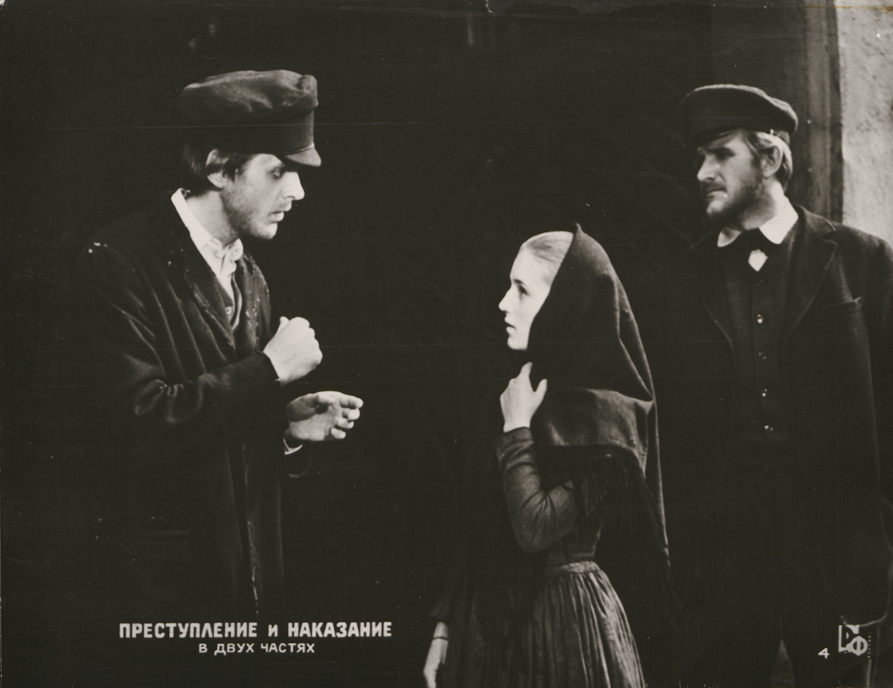
At the end of this session, we had a joint presentation by members of COSEELIS (Council for Slavonic and East European Library and Information Services). The session included presentations prepared by Mel Bach (Cambridge University Library): “Hands Up! : A Crime and Punishment Exhibition in Cambridge” and Katya Rogatchevskaia (British Library): “Dostoevsky at the British Library”, while Wojciech Janik (UCL SSEES Library) will present a library guide focusing on Crime and Punishment.

A celebration of the Imperial Russian City of
St Petersburg
the “big” setting of the novel
Crime & Punishment
Dostoevsky & St Petersburg
” Dostoevsky’s name has inextricable ties to Saint Petersburg. It is the city where he lived the greater part of his life, where he developed as a writer, and where his fictional characters existed. Together with them he would walk down fantastically real streets, mysterious embankments, and endless squares. Petersburg became a character in his novels: no other city on the face of the earth has acquired such a Dostoevskian appearance as this “intentional” and “insane” city in the world. Here Dostoevsky created such novels as Poor Folk, The Insulted and the Injured, Crime and Punishment, The Idiot, and The Adolescent, in which the city itself became the real hero of the work. His first encounter with Saint Petersburg occurred in May of 1837, at the very beginning of “white nights”, the city’s most poetic time of year. Petersburg stood before the future writer as a beautiful, romantic city: “There is something inexpressibly touching in nature around Petersburg, when at the approach of spring, she puts forth all her might, all the powers bestowed on her by Heaven, when she breaks into leaf, decks herself out and spangles herself with flowers”. However, his joyful perception of the city was darkened by the necessity of studying at the Military Engineering Academy. There his dreams and reality began to diverge. The young romantic began to study at an academy, which was located in the most mysterious building in Petersburg, the Mikhailovsky Castle. Petersburg surrounded him with its secrets. The dream city became a ghost city, where everything was unreal and artificial. To the young Dostoevsky, Petersburg seemed like a puppet theatre: “Concealed behind this whole fantastic crowd, someone was making faces at me and pulling the strings: the wires and puppets moved while he laughed and laughed.“
It gives me great pleasure to present a photographic exhibition inspired by St. Petersburg, the “big” setting of the novel Crime & Punishment, with its details, smaller spaces captured in these wonderful images under the title:
San Petersburgo con variaciones
by
Maria Tolstaia
To complement the inaugural Dostoevsky Day UK
A Celebration of Russian Language
On November 17 director Dmitry Turchaninov gave a master class in acting at Rossotrudnichestvo (Russian Cultural Center in London). Turchaninov’s talk was about the skills needed by an actor to play Dostoevsky’s characters, as well as demonstrated how they can be applied while acting using examples from Fyodor Mikhailovich’s early works Netochka Nezvanova, White Nights, Poor Folk
Evening F.M.
(in Russian language)
Barbican Cinema created a special programme
Dostoevsky in December
with the following screenings
Sat 3 Dec 2.00 pm Crime & Punishment (15) USSR 1970
Dir. Lev Kulidzhanov 200 min.
Sun 11 Dec 4.00 pm The Gambler (PG) USSR 1973
Dir. Alexei Batalov 99 min.
Sun 18 Dec 2.00 pm The Brothers Karamazov (15) USSR 1968
Dir. Ivan Pyrev 220 min.
( celebrating that Moscow film studio Mosfilm (est.1924) has published its huge archive of 600+ films and TV shows online )
https://www.youtube.com/user/mosfilm/videos?app=desktop


With special thanks to my colleagues at UCL SSEES, in particular, Professor Jan Kubik, Beatrix Vegh, Lydia Buravova, Claudia Roland, Lilla Bettiol, Dr Sara Young; to my UCL SSEES Library & Library Services colleagues, especially Rozz Evans, Ann Smith, Zuzana Pinčíková, Hazel Ingrey, Dr Wojciech Janik and Thomas Meehan; to the UCL Bloomsbury Theatre Studio: Frank Penter & John Maisey, my gratitude to Dr Emily Morris (UCL Americas) and her brother Ben (David Magarchak’s grandchildren) .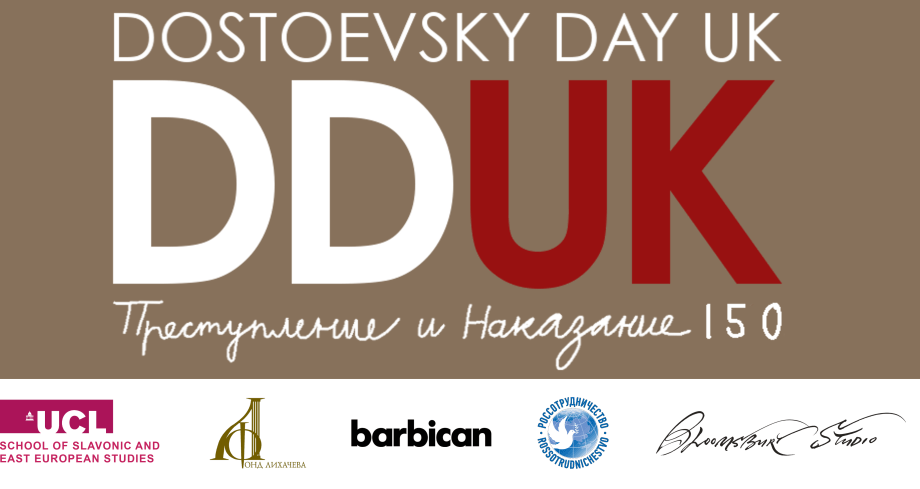
Logo & Poster Designed by Zuzana Pinčíková
Photo of Fyodor Mikhailovich by M.M. Panov/ М. М. Панов
9 June 1880, Moscow
Фотография Ф.М. Достоевского, 9 июня 1880 г., Москва
23 х 15,0 (фотогр), 30,0 х 23,3 (рама)
Санкт-Петербург, Музей Достоевского
Ф-104(F104)
My eternal gratitude to the Barbican Center, Kultur International Films. & Rossotrudnichestvo (Russian Cultural Center in London); to the Dostoevsky Museum / Музей Достоевского: Natalia Ashimbaeva (Director), Vera Biron (Curator) and Anastasia Knyazeva, to the Institute of Russian Literature (Pushkin House): Professor Vsevolod Bagno (Director), Konstantin Barscht (Dostoevsky scholar); to the Российская национальная библиотека – National Library of Russia: Kseniya Morozova, Ekaterina Lakhmotko and librarians; my gratitude to the International Dostoevsky Society and to the organisers of the Crime and Punishment at 150 at the University of British Columbia: Dr Katherine Bowers (UBC) and Dr Kate Holland (Toronto) and finally to the Sociedad Argentina Dostoievski: Alejandro Ariel González and Laura Pérez Diatto. Also to: Marina Leonova, Anna Shulgat, Michael Beckelhimer, María Tolstaya and Anton Volkov.
Special thanks to Aleksey and to his father Dmitry Dostoevsky, great-grandson of Fyodor Mikhailovich.
I am grateful to my Likhachev co-fellows: Nadine Meisser, Miriam Bader, Nancy Jo Snider, 함영준, Elisa Baglioni, Katya Galitzine, Vladimir von Tsurikov & Nick Winter.
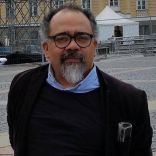
Dr Vladimir Smith-Mesa
Curator












Good news ! an importantoffering
Just click
https://drive.google.com/file/d/1X3UXFQ04pV1O03B0M2BCUZBAcZ4afJNV/preview
LikeLike
Persistent
LikeLike
Communications
LikeLike
New Jersey
LikeLike
salmon
LikeLike
PCI
LikeLike
Architect
LikeLike
RSS
LikeLike